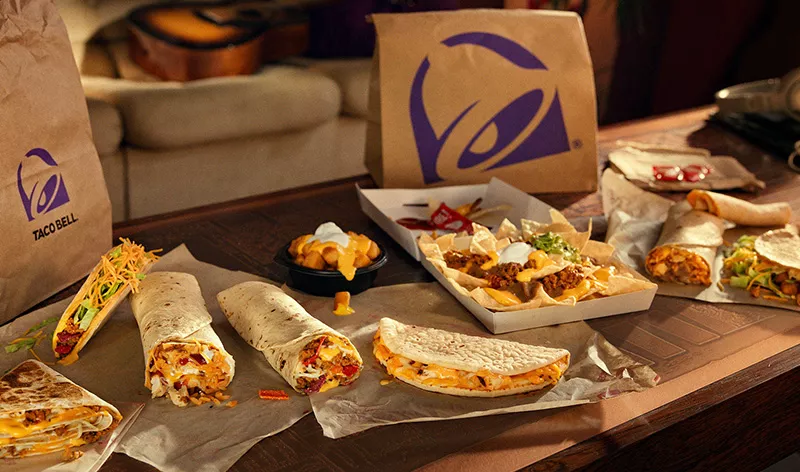Fast food has assimilated so deeply into daily life that over 70 percent of American families eat it at least once per week, according to Lending Tree. But within this significant cultural uptake lies a plethora of controversies, often overlooked due to the convenience of purchasing fast food. In particular, fast food is unfairly detrimental to authentic regional cuisines because of the ways it homogenizes and ruins the quality of foods that have roots in rich cultural traditions.
The dominance of fast food is particularly problematic because of its direct link to cultural homogenization. Fast food chains have been known to create versions of cultural foods that can be characterized as “standardized”. We see this in common chains such as Panda Express. For example, their orange chicken can be described as “Americanized”, featuring heavier tangy and sweet flavors as opposed to the light citrus flavors used in the original Chinese dish. Essentially, this shows that the taste of these versions becomes limited to a set of flavors that are known to be universally popular among customers, even though they aren’t authentically utilized in the traditional form of that food. This extensive impact is as explained by an article in Futurism: “Traditional recipes, passed down for generations, are being forgotten, replaced by fast food’s hyper-engineered versions of meals.” A surge in flavor standardization also comes with the misrepresentation of culture. Fast food versions strip away foods of not only their cultural flavor, but also their significance. This includes methods of preparation and nuances that are inherent in the history of producing these dishes. It is important to address this exchange from a cultural perspective. Along with this arises another issue: the loss of the “togetherness aspect” in food culture. Traditionally, meals are eaten sat down and with family. Fast food is incompatible with this , as companies promote it as an on-the-go food that does not necessitate people to sit down with others to eat. This is corrosive toward the communal significance of the traditional dining ritual, shifting modern food culture to be more in line with individualistic practices.
Fast food culture also poses a threat to global health. Although fast food promises taste at low, manageable costs, it cuts down quality in this trade-off. The preparation of fast food involves bulk production, where over 20 meals may be cooked at the same time; incorporation of cheap ingredients such as refined grains, added sugars, and high sodium, and creation through other methods that focus on minimizing preparation time and maximizing taste over health. The fact that entire meals can cost as little as two to five dollars speaks volumes about how processed and feature-engineered ingredients and components of these foods are. Fast food is notorious for promoting an unhealthy lifestyle, resulting in short or long term health issues for consumers. J.J. Huish, a writer from Granite Bay Today, mentioned, “For every additional fast food outlet in a neighborhood, there were four additional heart attacks per 100,000 people each year.” Complications like this are easily avoidable if consumers were to eat the authentic versions of these foods, which are made with fresher ingredients.
Some argue that fast food is more accessible due to its availability and that it is impossible to cut it out from the global diet while economic disadvantages still exist. Still, the consequences to submitting to fast food culture even in this scenario are enough to completely overshadow the accessibility and expense benefits. In the long term, fast food has cumulative health consequences, with the potential to develop obesity and other terminal illnesses. Among these illnesses are type 2 diabetes, digestive issues, decreased immunity, and increased blood pressure.
Ultimately, ridding the contemporary food industry from the harm of fast food is a lengthy process. When inexpensive enjoyments begin to serve as destructive agents to long-standing, rich traditions, it is time to step away.












